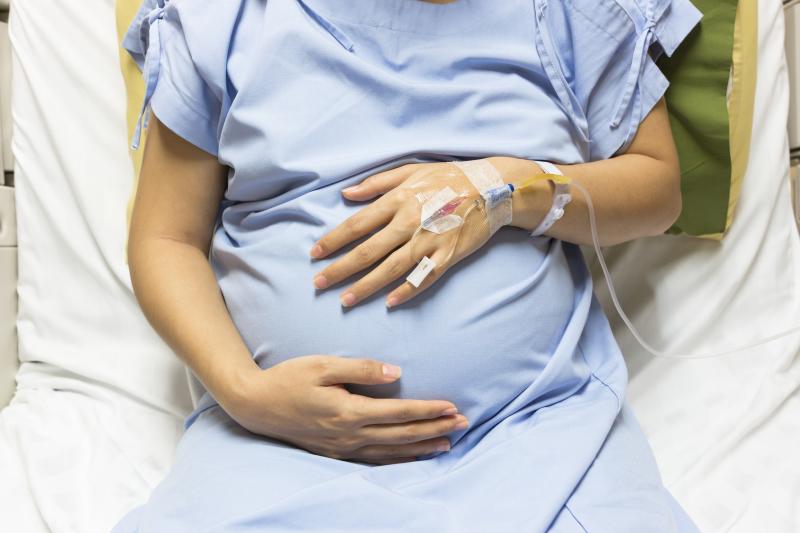 It was speculated that the family’s wish for a second child in a short period of time might be the reason why they allegedly refused permission for a C-section delivery.
It was speculated that the family’s wish for a second child in a short period of time might be the reason why they allegedly refused permission for a C-section delivery.Pregnancy does not appear to aggravate the risk of bleeding and venous thromboembolism (VTE) in women with Klippel-Trenaunay syndrome (KTS), a recent study has shown.
Researchers retrospectively reviewed the medical records of 70 women with KTS who have had at least one pregnancy in the past; 185 pregnancies were included in the analysis. Outcomes included VTE, defined as deep vein thrombosis, pulmonary embolism or both, and significant bleeding events. A parallel group of 64 nulligravid comparators was also included.
Fourteen women who have had pregnancies experienced VTE episodes, yielding an overall lifetime prevalence rate of 20.0 percent. This included seven cases during pregnancy, four in the postpartum period and seven during other points in their lifetime.
In comparison, there were 16 VTE cases in the nulligravid group, resulting in a prevalence rate of 25.0 percent. This was not significantly different than in those with previous pregnancies (p=0.93).
On the other hand, significant bleeding occurred in six women in the pregnancy group, corresponding to a prevalence rate of 8.6 percent. Four of these events occurred during pregnancy or during postpartum. Two pregnancies were complicated by postpartum haemorrhage, while one woman experienced both VTE and significant bleeding associated with pregnancy.
Six nulligravid women developed significant bleeding events, with a prevalence rate of 9.4 percent. This was statistically similar to the pregnancy group (p=0.54).
In the nulligravid group, one patient death occurred secondary to VTE. There were no such reports in patients who had a prior pregnancy.